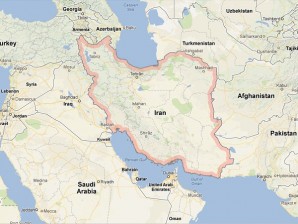Iran refuses probe on nuke weapons

The probe is separate from newly extended talks between Iran and six world powers meant to reduce Iran’s technical capacity to make nuclear weapons by reconfiguring what it says are purely civilian projects. But its failure would throw hopes of a deal at the talks into doubt because the U.S. says an agreement can be reached only if the U.N.’s International Atomic Energy Agency is satisfied with the probe and its final results.
In its statement on the IAEA’s website, Tehran said the agreement signed last year with the IAEA did not include any pledges of cooperation by Tehran in any investigation of the alleged weapons work.
“Iran has not recognized such irrelevant notions,” said the note dated Monday.
In another indication that the newest probe would fail, the note repeated language Tehran used rejecting cooperation during past investigations. It said the allegations are based on “forged documents” and hinted they were the work of Israel or the U.S.
Iran denies wanting — or ever working on — nuclear weapons and pledged late last year to cooperate with the latest effort by the U.N. atomic agency to investigate “outstanding issues.”
But the statement, dated Monday, appears to reinforce what diplomats have told The Associated Press for months: The probe has fizzled after being launched early this year by the IAEA, which touted it as a potential breakthrough in a decade of failed efforts to follow up on the allegations.
The IAEA sees the term “outstanding issues” as encompassing the alleged weapons work. But its requests for access to people, places and documents potentially linked to such activities, have been rebuffed by Iran.
RELATED STORIES
Iran nuclear talks stumble, extended until July
The Middle East’s new winners and losers